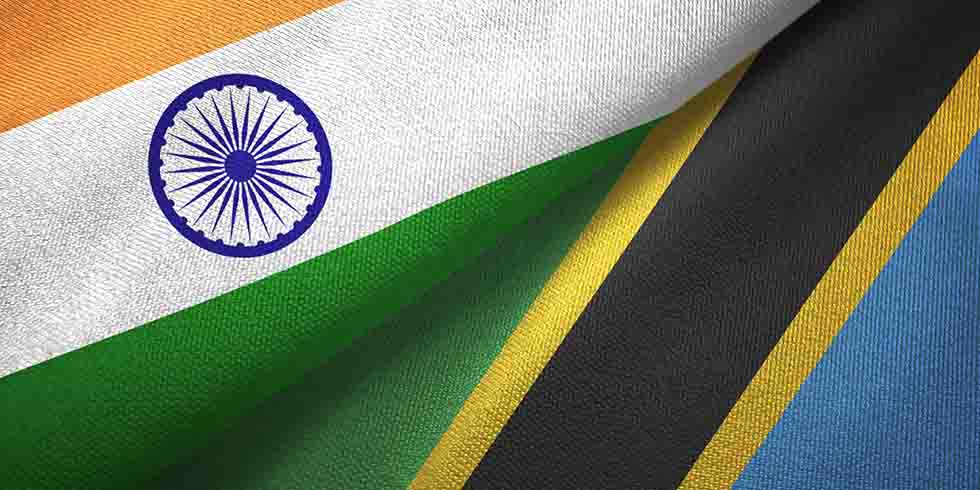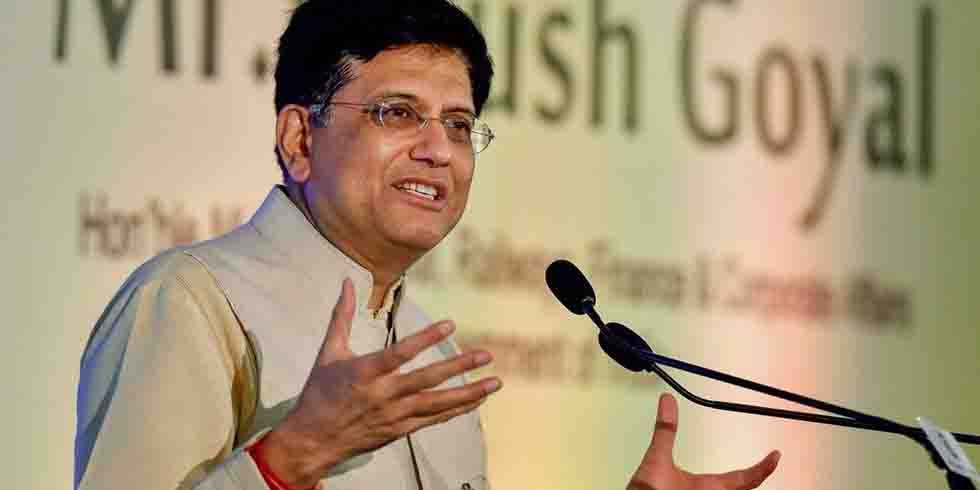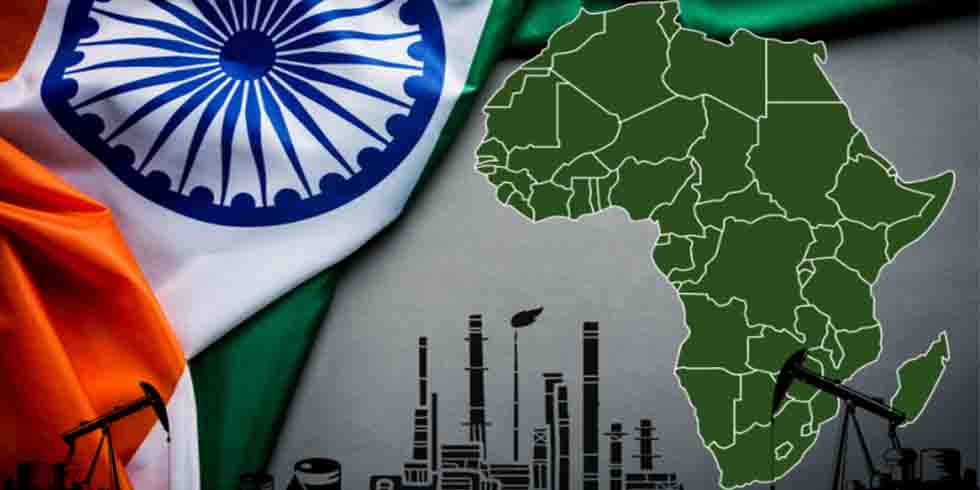A memorandum of understanding on development cooperation in Africa was signed by the United Arab Emirates (UAE) and India. By 2025, the geopolitical landscape has changed, and with it, the role of African nations, who were previously viewed mainly as recipients of development aid, has evolved into a new and assertive marketplace for innovation, trade, and connection. This development is evident in ambitious projects like the Bharat Africa Setu, which the Indian government and DP World of the United Arab Emirates conceived of early this year. With its physical infrastructure as its foundation and a wide range of value-added services like export finance, branding and marketing, packaging, transportation, and certification services, the Setu will function as a holistic trade ecosystem. By utilizing air and sea connectivity between ports, economic zones, and logistics parks run by DP World in both regions, the goal is to, more generally, strengthen South-South economic cooperation and, more precisely, increase trade between India and Africa through the UAE.
India and African nations have a long history and shared culture. African nations and India have a long history and shared culture. However, its current proportion of commerce with the continent is still small, whereas India accounts for 9.6% of Africa's exports and 7.8% of its imports, African nations account for 6% of India's global exports and 5.6% of its imports. In addition to the enormous economic potential to strengthen this bilateral relationship by utilizing India's excellent digital stack, educated talent pool, and shared development ethos that will appeal to Africa, there is a clear political desire at the top. Additionally, Africa is about to experience a demographic boom, with over 60% of its population expected to be of working age by 2050. On the other hand, the Economic Survey of India 2018–19 projects that the current demographic dividend in India would peak around 2041. Africa's workforce will grow quickly, becoming younger and more affluent as the labor force in other regions of the world, particularly India, begins to shrink.









Add Comment